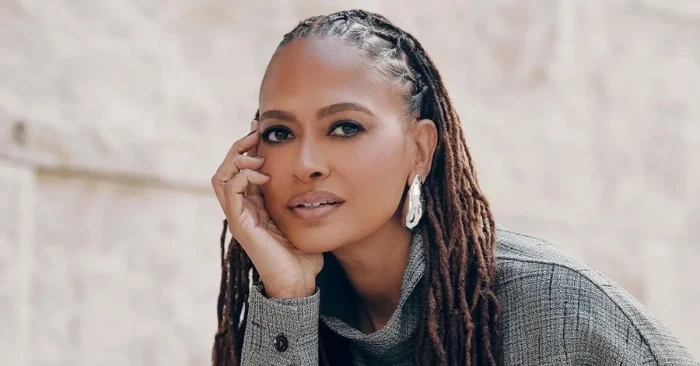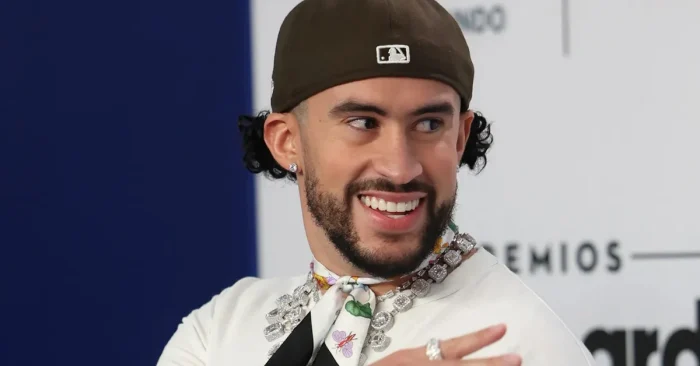Ava DuVernay – Biography
Early Life
Ava DuVernay was born on August 24, 1972, in Long Beach, California. She was raised in Lynwood and Compton by her mother, a schoolteacher, and her stepfather, who worked as a businessman. Ava spent summers with her father’s family in Alabama, where she learned about racial injustice firsthand. These early experiences, along with a home filled with books, music, and conversation, gave her a strong foundation in culture and social awareness—values that would later shape her voice as a filmmaker.
Education Journey
DuVernay attended the University of California, Los Angeles (UCLA), where she studied English and African American Studies. During college, she interned at CBS News and briefly considered a career in journalism. But over time, she became more interested in storytelling from a creative angle rather than reporting news. Her love for cinema and a desire to shape narratives led her toward filmmaking, even though she had no formal training in film.
Career Beginnings
Before becoming a director, DuVernay worked in public relations. She founded The DuVernay Agency, which specialized in promoting films and TV shows. This behind-the-scenes experience gave her valuable insight into Hollywood’s workings. At the age of 32, she decided to create her own stories. Her directorial debut came in 2006 with a short film titled “Saturday Night Life.” In 2010, she directed her first feature, “I Will Follow,” a deeply personal independent film that received critical praise and established her as a filmmaker to watch.
Breakthrough Success
Her breakout came with “Middle of Nowhere” in 2012, a drama about a woman navigating life while her husband is in prison. The film won her the Best Director award at the Sundance Film Festival, making her the first Black woman to earn that honor. With limited resources but a powerful story, DuVernay showed that independent filmmaking could be both artistically rich and socially relevant.
Selma and Impact
In 2014, DuVernay directed “Selma,” a historical drama about the 1965 civil rights marches led by Dr. Martin Luther King Jr. The film received widespread acclaim and was nominated for Best Picture at the Academy Awards. It also earned her a Golden Globe nomination for Best Director—the first for a Black woman. “Selma” elevated her to the top tier of American directors and made her a voice for racial and social justice in cinema.
Expanding Influence
She continued to push boundaries with her 2016 documentary “13th,” which explores the U.S. prison system and racial inequality. The film was nominated for an Academy Award and won a Peabody. In 2018, she directed “A Wrinkle in Time,” becoming the first Black woman to helm a film with a budget over $100 million. Her 2019 Netflix miniseries “When They See Us,” based on the Central Park Five, earned critical acclaim and further demonstrated her power as a storyteller with purpose.
Legacy and Vision
DuVernay is not just a filmmaker—she is a changemaker. Through her company ARRAY, she supports films by women and people of color. She also mentors rising talent and speaks openly about inequality in Hollywood. Her work blends powerful narratives with social consciousness, pushing audiences to think, reflect, and act. DuVernay’s legacy is still being written, but she has already transformed what is possible for women and minorities in film.
Frequently Asked Questions (FAQs)
What is Ava DuVernay best known for?
She is best known for directing “Selma,” the documentary “13th,” and the Netflix series “When They See Us.”
Has she won any awards?
Yes, she has received numerous honors, including a Sundance award, an Emmy, and several Oscar and Golden Globe nominations.
What is ARRAY?
ARRAY is a film distribution and advocacy company founded by DuVernay to support diverse voices in cinema.
What makes her films unique?
Her films focus on social justice, personal stories, and underrepresented communities, often blending emotional depth with historical themes.
Is she still active in filmmaking?
Yes, DuVernay continues to write, direct, and produce new projects while also advocating for change in the entertainment industry.
















